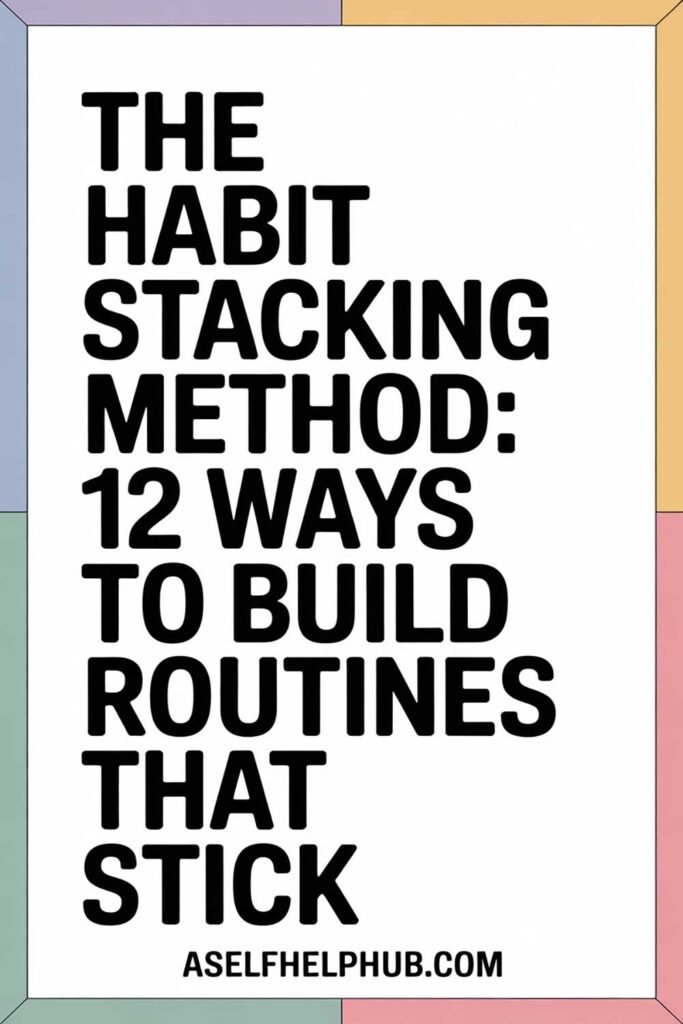The Role of Self-Compassion in Overcoming Social Anxiety
Social anxiety can be overwhelming, making everyday interactions feel like daunting challenges. People struggling with social anxiety often experience self-doubt, fear of judgment, and excessive worry about how they are perceived. While many strategies can help, one of the most powerful tools in overcoming social anxiety is self-compassion.

Understanding Self-Compassion
Self-compassion involves treating yourself with kindness, understanding, and patience, especially in moments of struggle or failure. Developed by psychologist Dr. Kristin Neff, self-compassion consists of three key components:
- Self-kindness – Being warm and understanding toward yourself rather than overly critical.
- Common humanity – Recognizing that everyone makes mistakes and experiences difficulties, and that you are not alone in your struggles.
- Mindfulness – Observing your thoughts and feelings without judgment or over-identification.
When applied to social anxiety, self-compassion can reduce self-criticism and help individuals build confidence in social interactions.
How Self-Compassion Helps with Social Anxiety
1. Reduces Negative Self-Talk
Social anxiety often involves harsh self-criticism, such as “I’m so awkward” or “Everyone thinks I’m boring.” Practicing self-compassion allows you to reframe these thoughts with kindness. Instead of saying, “I embarrassed myself,” try, “I’m learning and growing in social situations.”
2. Encourages Acceptance of Imperfection
No one is perfect in social interactions, and that’s okay. By embracing imperfections rather than fearing them, you become more comfortable with making mistakes and learning from them.
3. Decreases Fear of Judgment
Self-compassion helps you detach your self-worth from others’ opinions. When you treat yourself with kindness, you become less reliant on external validation and more confident in your authenticity.
4. Promotes Emotional Resilience
Facing social situations with a compassionate mindset helps you bounce back from awkward moments instead of dwelling on them. This resilience enables you to keep trying rather than avoiding social interactions altogether.
5. Improves Self-Esteem
People with social anxiety often compare themselves to others and feel inferior. Self-compassion shifts the focus to self-acceptance and personal growth, fostering a more positive self-image.
6. Enhances Mindfulness in Social Interactions
Mindfulness helps you stay present in conversations instead of being consumed by anxious thoughts. When you approach interactions with curiosity and acceptance, rather than fear and self-judgment, socializing becomes more enjoyable.
Practical Ways to Cultivate Self-Compassion
1. Practice Self-Kindness Daily
Speak to yourself as you would to a good friend. If you make a social misstep, remind yourself that everyone has awkward moments and that they do not define you.
2. Challenge Your Inner Critic
When you notice self-judgment, pause and ask yourself: “Would I say this to someone I care about?” If not, reframe the thought in a more compassionate way.
3. Use Positive Affirmations
Repeating affirmations can help shift your mindset. Examples include:
- “I am worthy of connection.”
- “I am doing my best, and that is enough.”
- “It’s okay to be imperfect; everyone is.”
4. Keep a Self-Compassion Journal
At the end of each day, write down one instance where you showed yourself kindness or handled a social situation better than before. This reinforces self-compassionate thinking.
5. Engage in Mindful Breathing
If you feel anxious in social situations, take a few deep breaths and remind yourself that discomfort is temporary. Treat yourself with patience as you navigate the experience.
6. Seek Support from Compassionate People
Surround yourself with friends, family, or a support group that encourages self-kindness. Their perspective can help you see yourself in a more positive light.
Inspirational Quotes on Self-Compassion and Overcoming Anxiety
- “You yourself, as much as anybody in the entire universe, deserve your love and affection.” – Buddha
- “Talk to yourself like you would to someone you love.” – Brené Brown
- “Do the best you can until you know better. Then when you know better, do better.” – Maya Angelou
- “Be kind to yourself. You’re doing the best you can.” – Unknown
- “Self-compassion is simply giving the same kindness to ourselves that we would give to others.” – Christopher Germer
- “Courage starts with showing up and letting ourselves be seen.” – Brené Brown
- “No one can make you feel inferior without your consent.” – Eleanor Roosevelt
- “Owning our story and loving ourselves through that process is the bravest thing we’ll ever do.” – Brené Brown
- “The more self-compassionate you are, the less likely you are to be paralyzed by self-doubt.” – Kristin Neff
- “Growth begins when we start to accept ourselves as we are.” – Carl Rogers
Picture This
Imagine walking into a social gathering with a sense of calm, knowing that no matter what happens, you will be kind to yourself. You speak with others without overanalyzing every word, enjoying the flow of conversation instead of fearing judgment. Even if a moment feels awkward, you remind yourself that everyone experiences this from time to time. With each interaction, your confidence grows, and you begin to see socializing as an opportunity rather than a threat. You feel free, unburdened by self-criticism, and empowered by self-compassion.
Please Share This Article
If you found this article helpful, please share it with someone who might be struggling with social anxiety. A little self-compassion can make a big difference in overcoming fears and building confidence.






